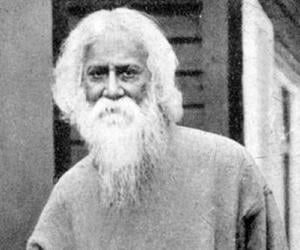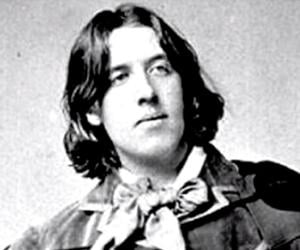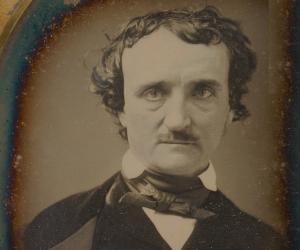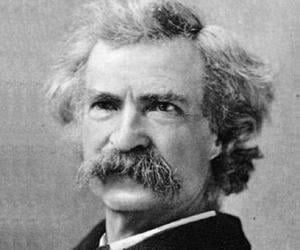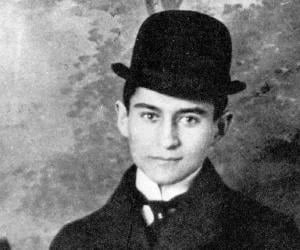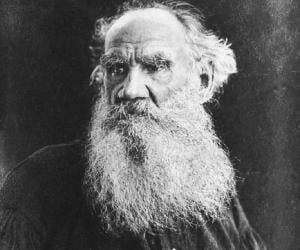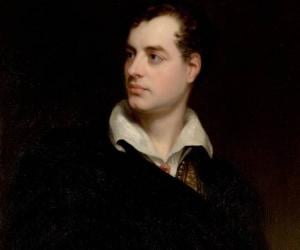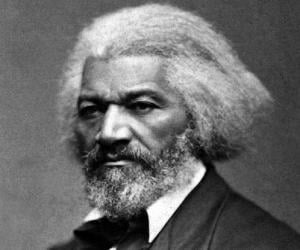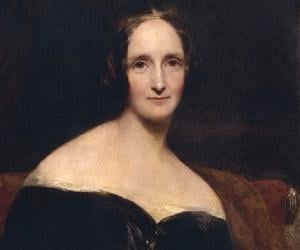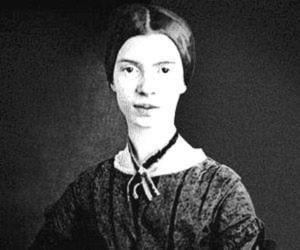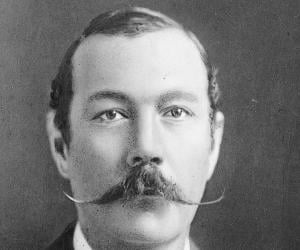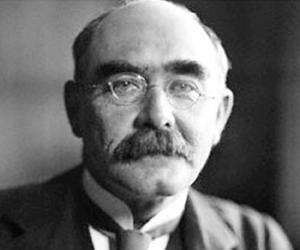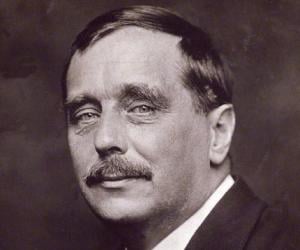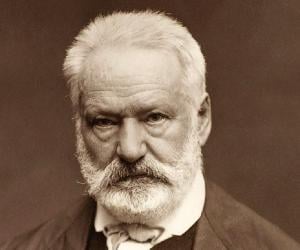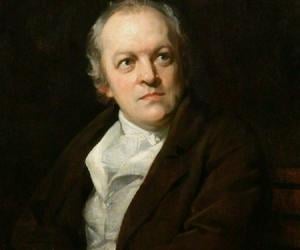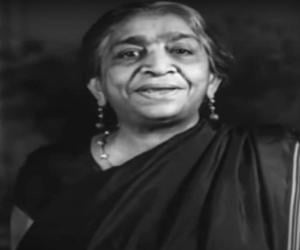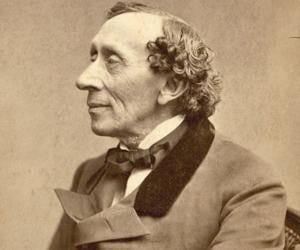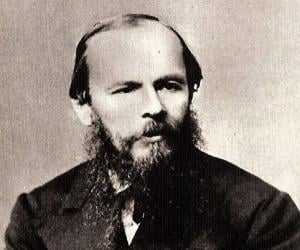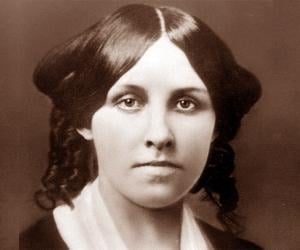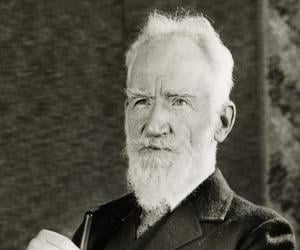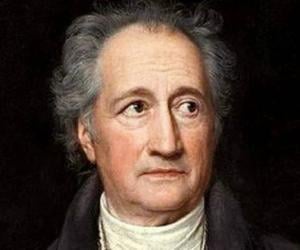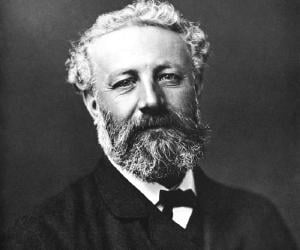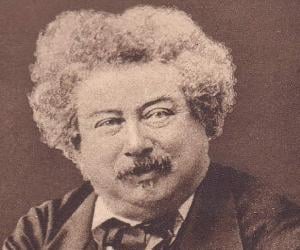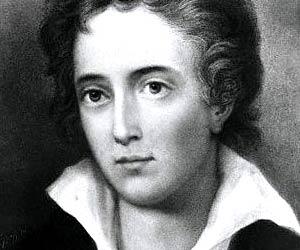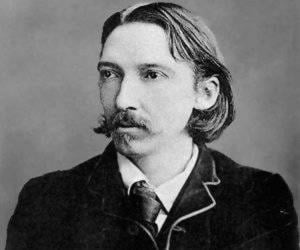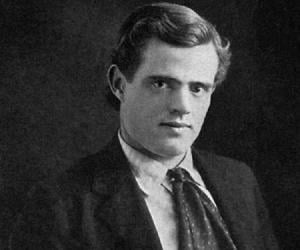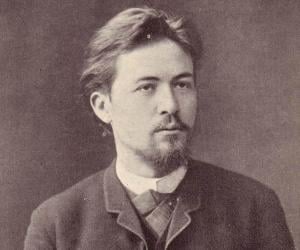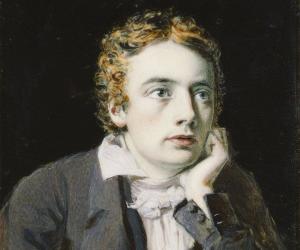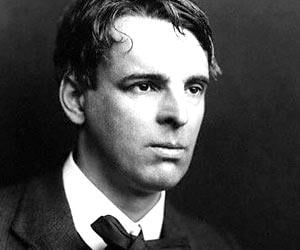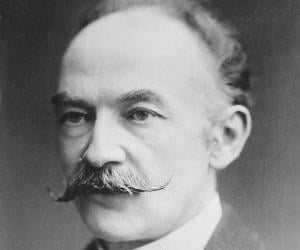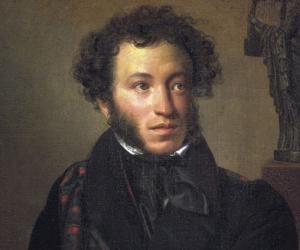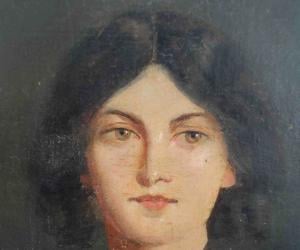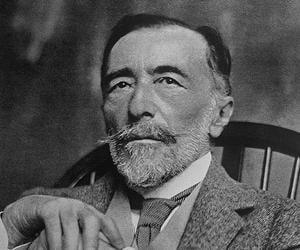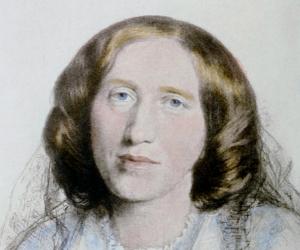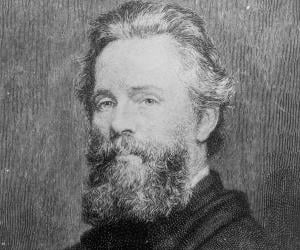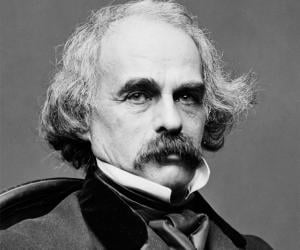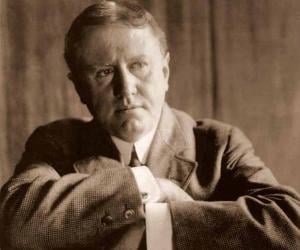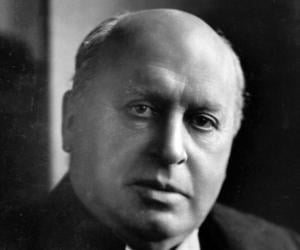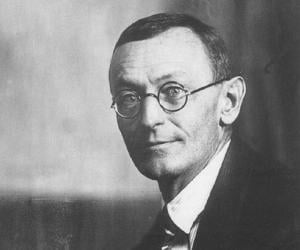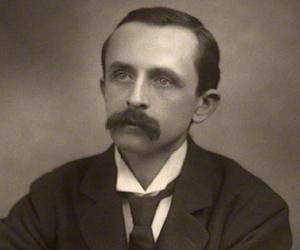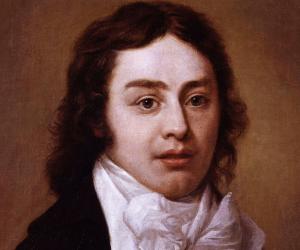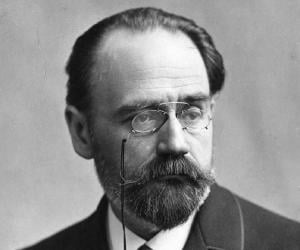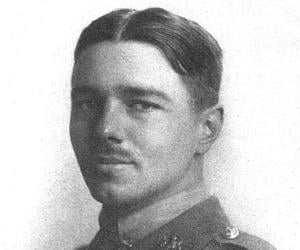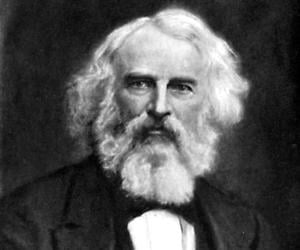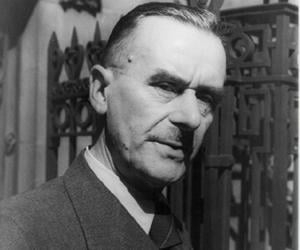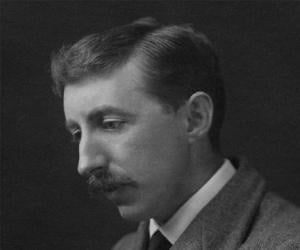Rabindranath Tagore was an Indian polymath who contributed greatly to the fields of literature, art, and philosophy. Referred to as the Bard of Bengal, Tagore is credited with reshaping Bengali literature and music. The first non-European to receive the Nobel Prize in Literature, Tagore is also credited with composing the national anthems of India and Bangladesh.
Widely regarded as one of the most popular writers of all time, Oscar Wilde is best remembered for his plays and epigrams. He was also one of the best-known personalities during his time as he was popular for his conversational skills, flamboyant dressing sense, and biting wit. Imprisoned in 1895 for consensual homosexual acts, Oscar Wilde was pardoned posthumously in 2017.
American writer Edgar Allan Poe is regarded as the architect of modern short story, the inventor of the detective-fiction genre and a major contributor towards science fiction genre. The influential writer is recognised for his tales of mystery and macabre. His notable works include The Raven (poem), The Tell-Tale Heart and The Fall of the House of Usher (short stories).
Mark Twain, “the father of American literature,” was one of the world’s greatest 19-th century humorists and authors. His novels The Adventures of Tom Sawyer and the Adventures of Huckleberry Finn were drawn from his childhood experiences in Missouri. In his later life, he sunk into bankruptcy and also recovered.
Considered one of the major authors of the 20th century, Franz Kafka was a Bohemian short-story writer and novelist. Franz Kafka is credited for being one of the earliest German-speaking authors to explore themes like absurdity, existential anxiety, and alienation. The term Kafkaesque is now widely used in the English language to explain those situations experienced by his characters.
Russian writer, Leo Tolstoy, is widely considered as one of the greatest authors ever. After experiencing a profound moral crisis in the 1870s, Tolstoy went through a phase of spiritual awakening, which had a great impact on his subsequent works that incorporated ideas on nonviolent resistance. These works influenced personalities like Mahatma Gandhi, thereby effectively changing the course of history.
Widely considered one of the greatest British poets of all time, Lord Byron remains influential as his works are widely read even today. He was also one of the most important personalities of the Romantic Movement. He is also known for his role in the Greek War of Independence, for which the Greeks consider him a national hero.
Social reformer and abolitionist, Frederick Douglass was a national leader of the abolitionist movement in Massachusetts and New York. Born into slavery, he had a difficult early life. Eventually, he managed to escape and dedicated the rest of his life to promoting the cause of abolition. He was a great orator and writer.
English journalist, short-story writer, poet, and novelist Rudyard Kipling is best remembered for his fiction work The Jungle Book. He was born in India and many of his works are inspired by his life in the country. He was one of the most popular English writers in the late 19th and early 20th century.
Robert Frost was an American poet. An influential poet, Frost was honored with four Pulitzer Prizes for Poetry, the only poet to receive four such awards. One of America's public literary figures, Robert Frost received the Congressional Gold Medal in 1960. His works influenced other poets like Robert Francis, James Wright, Edward Thomas, Richard Wilbur, and Seamus Heaney.
H. G. Wells was an English writer. Although he was prolific in many genres, he is best remembered for his work on sci-fi novels, for which he is often referred to as the father of science fiction. His 1901 novel The First Men in the Moon became so influential that a lunar impact crater is named after him.
Victor Hugo was a French poet, dramatist, and novelist of the Romantic movement. Regarded as one of the best-known and greatest French writers of all time, Victor Hugo wrote abundantly during his career that spanned over six decades. Thanks to his works, such as Hernani and Cromwell, Victor Hugo was one of the leading figures of the Romantic literary movement.
Sarojini Naidu was an Indian poet and political activist. An important figure in the Indian Independence Movement, she was a proponent of anti-imperialistic ideas, women's rights, and civil rights. Her illustrious career as a poet earned her the nickname Nightingale of India. After India became independent, she became the first woman to hold the office of Governor in the Dominion of India.
Walt Whitman was an American poet, journalist, and essayist. Also a humanist, Whitman played a crucial role in the shift between transcendentalism and realism. Often referred to as the father of free verse, Whitman is one of the most influential American poets of all time. Several decades after his death, Walt Whitman's poetry remains influential.
Nobel Prize-winning playwright and author George Bernard Shaw was best known for his realism and his support for women’s rights and socialism. His ideas gave rise to the word “Shavian.” His drama Pygmalion inspired the musical My Fair Lady. His other notable works include Candida and Man and Superman.
Regarded as the greatest literary figure in Germany's modern era, Johann Wolfgang von Goethe was a statesman and writer. Apart from writing poetry and prose, he also wrote treatises on color, anatomy, and botany. Thanks to his literary genius, Goethe was made part of the Duke's privy council in Weimar and he implemented several reforms at the University of Jena.
One of the most widely read French authors of all time, Alexandre Dumas was prolific in several genres. He joined the army as a young man and later became a full-time writer. Starting his writing career as a playwright, he moved on to writing novels. His novels have been adapted into nearly 200 films in the past century.
Robert Louis Stevenson was a Scottish travel writer, poet, and novelist. A popular writer in his lifetime, Stevenson went about traveling widely and writing prolifically even as he suffered from bronchial trouble; his will power and love for writing won the hearts of many other writers. In 2018, he was ranked as the world's 26th-most-translated author.
Jack London was an American novelist, social activist, and journalist. A pioneer of American magazines and commercial fiction, London was one of the first authors from the US to become an international celebrity. His life and work inspired several films, such as the 1943 movie Jack London and 1980 film Klondike Fever. He was also portrayed in several TV series.
Anton Chekhov was a Russian short-story writer and playwright. Widely regarded as one of the greatest writers of short fiction, Chekhov's works have influenced the progression of the modern short story. As a playwright, Anton Chekhov is credited with influencing the rise of modernism in theatre, along with August Strindberg and Henrik Ibsen.
Joseph Conrad was a Polish-British writer. Considered one of the greatest English-language novelists of all time, Conrad is credited with bringing a non-English sensibility into English-language literature. Many of his works have inspired several films, TV series, and video games. His anti-heroic characters and narrative style have influenced many authors like Salman Rushdie, F. Scott Fitzgerald, and T. S. Eliot.
Mary Ann Evans, known by her pseudonym George Eliot, was an English poet, novelist, translator, and journalist. One of the most prominent writers of the Victorian era, Eliot's works are known for their psychological insight, realism, and detailed description of the countryside. Her novel Middlemarch was voted one of the greatest literary works in a 2007 poll conducted by Time.
Herman Melville was an American short story writer, novelist, and poet. One of his best-known works, Moby-Dick is widely regarded as one of the great American novels, although it did not garner much attention during his lifetime. Livyatan melvillei, a species of an extinct sperm whale, which was discovered in 2010, was named in his honor.
Nathaniel Hawthorne was an American writer, known for dark romanticism and moral-themed novels and short stories. A descendant of judge John Hathorne of the Salem witch trials infamy, the writer was a friend of late American president Franklin Pierce. His well-known books include Twice-Told Tales, The Scarlet Letter and The House of the Seven Gables. Nathaniel was married to painter Sophia Peabody.
Henry James was an author, regarded as one of the greatest novelists ever to write in the English language. One of his novellas titled The Turn of the Screw has been the most analyzed ghost story in the history of English language literature. While his works have been adapted into films, he has been the subject of several other stories.
German-born Swiss poet, novelist, and painter Hermann Hesse received the Nobel Prize in Literature in 1946. He explored individuals’ search for authenticity, self-knowledge, and spirituality in his works. An intense and headstrong person from childhood, he developed an early interest in reading. He started writing as a young man and became an influential author in the German-speaking world.
Sir James Matthew Barrie was a Scottish playwright and novelist. He is credited and remembered for creating the famous fictional character, Peter Pan. In the 1922 New Year Honours, Barrie was made a member of the Order of Merit. Before his death, he gifted the Great Ormond Street Hospital for Children with the rights of his Peter Pan works.
Samuel Coleridge was an English poet, philosopher, theologian, and literary critic. He is credited with co-founding the Romantic Movement in England along with his friend William Wordsworth. Despite struggling from bouts of depression and anxiety throughout his adult life, Samuel Coleridge had a major influence on American transcendentalism and writers like Ralph Waldo Emerson.
Emile Zola was a French novelist, journalist, and playwright. He played a key role in the development of theatrical naturalism and was a well-known practitioner of the literary school of naturalism. He was also a political journalist and was influential in the political liberalization of France. He was nominated for the Nobel Prize in Literature twice.
Wilfred Owen was an English soldier and poet. One of the most important poets during World War I, Owen wrote about the horrors of gas warfare. His life and career inspired a docudrama titled Wilfred Owen: A Remembrance Tale where he was portrayed by Samuel Barnett. In 1989, the Wilfred Owen Association was established to commemorate his life and poetry.
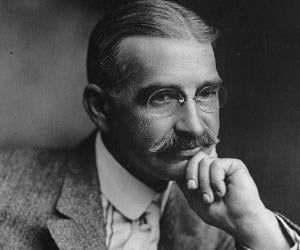
L. Frank Baum was an author remembered for writing children's books including The Wonderful Wizard of Oz, which inspired the 1902 Broadway musical and the 1939 live-action film of the same name. His works anticipated the invention of gadgets like TV that would be invented later. In 2013, Baum was made an inductee of the Chicago Literary Hall of Fame.
Best known for his iconic novels Howard’s End and A Passage to India, British author E. M. Forster dealt with themes such as class division and gender. Born in England and educated at Cambridge, he had also spent some time as a secretary to Maharaja Tukojirao III of India.
